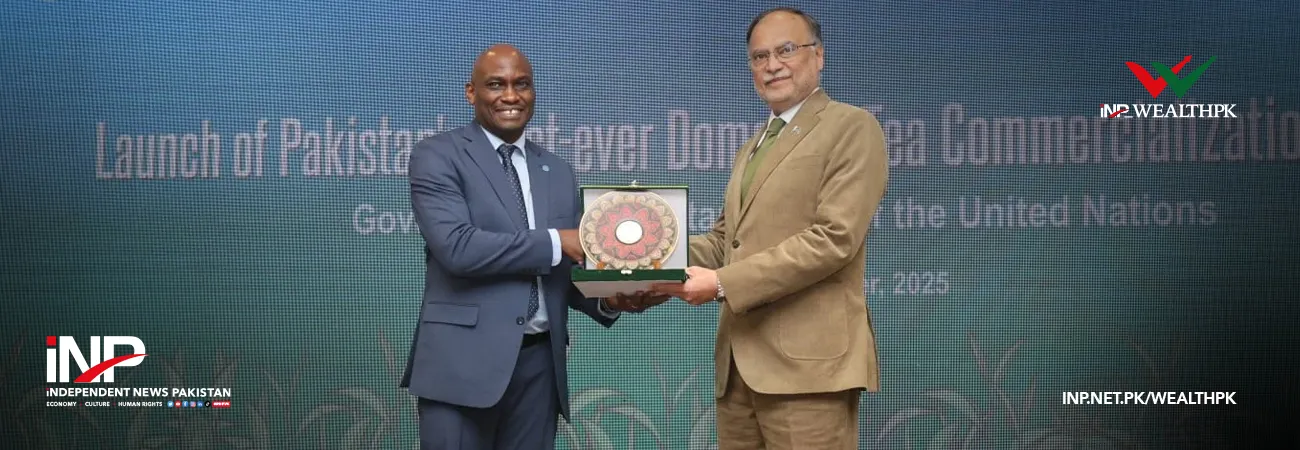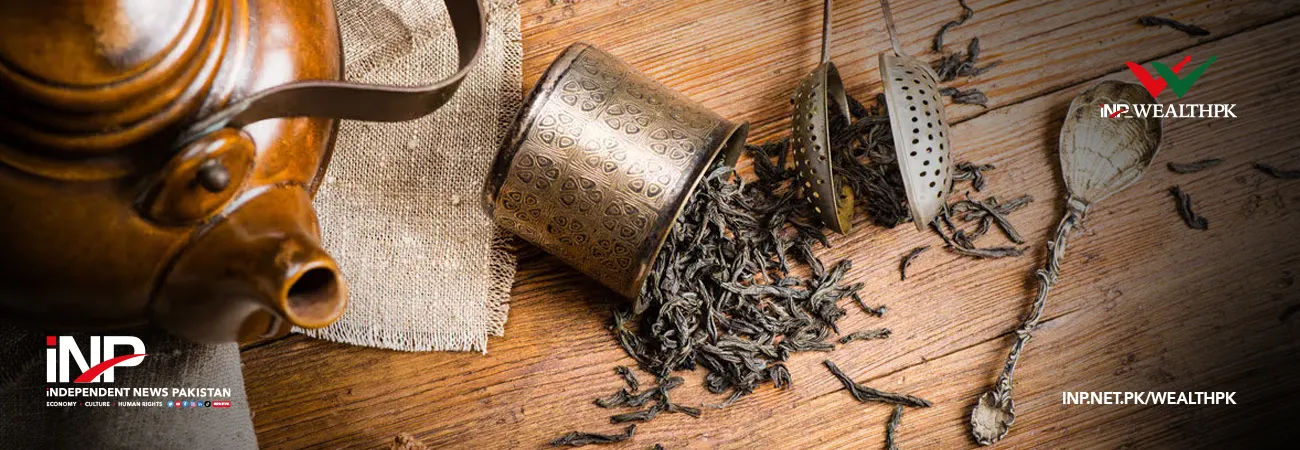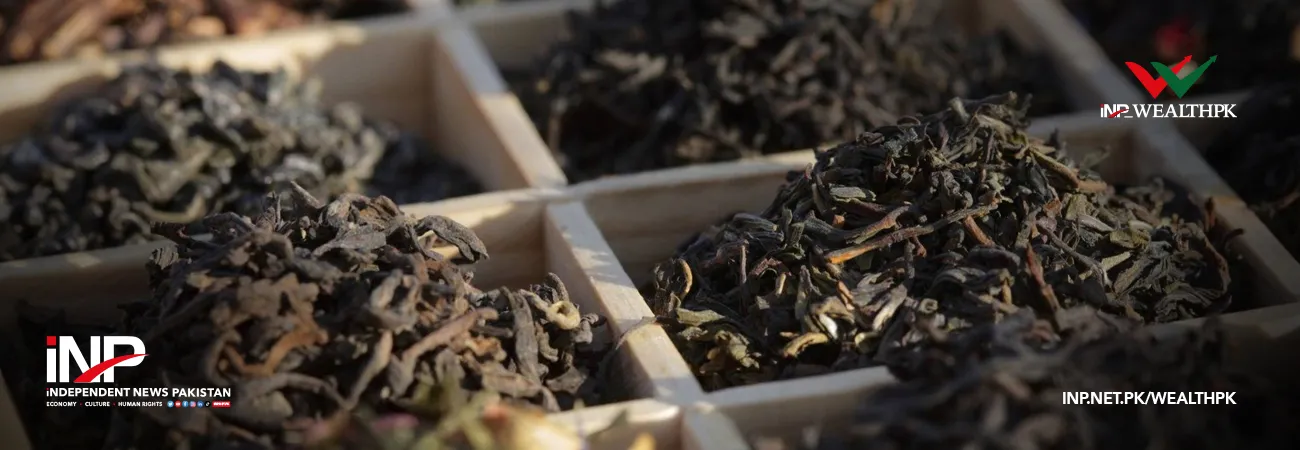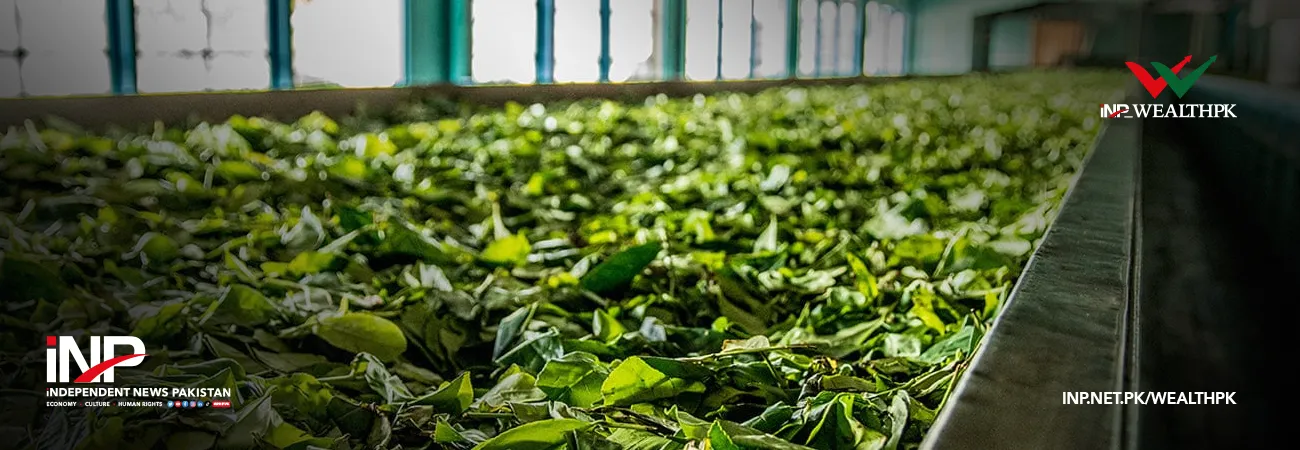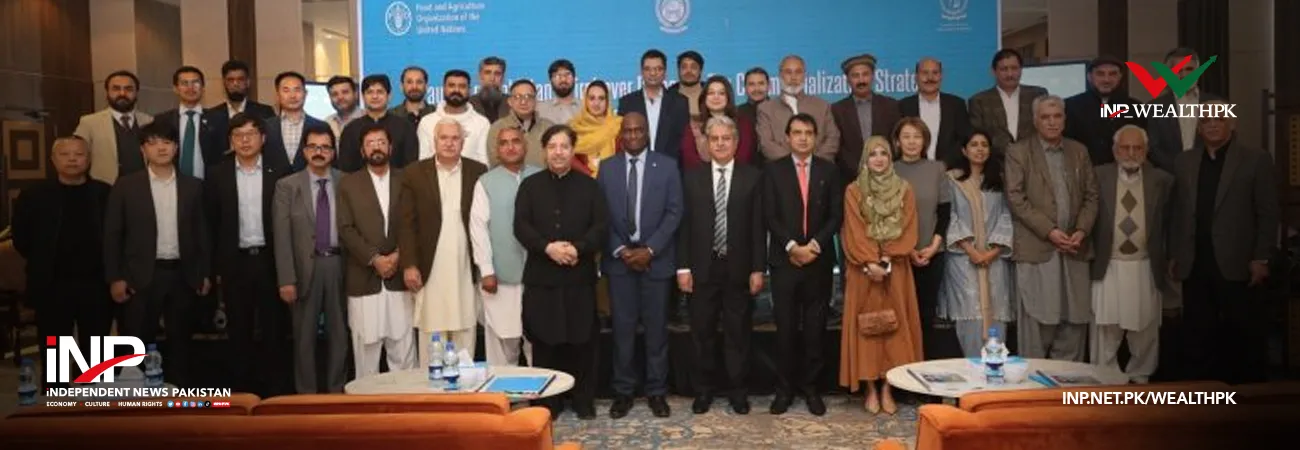INP-WealthPk
Muhammad Asad Tahir Bhawana
Joining the Regional Comprehensive Economic Partnership (RCEP) brings a promising opportunity to Pakistan to revitalize its trade and exports and attract foreign investment to bolster its economic growth, says a study conducted by the Pakistan Business Council (PBC) available with WealthPK. Additionally, Pakistan's strategic location and CPEC link can enhance the RCEP's connectivity. The study identifies the gains for Pakistan by joining the RCEP, focusing on domestic products' competitiveness, potential investments, and expansions. The study says the firms' ability to compete effectively focuses on having a robust infrastructure and a regulatory environment that promotes low costs. Unfortunately, Pakistan's logistics performance index indicates significant room for improvement in these areas. To foster growth and enable companies to flourish, trade facilitation and support should be extended universally, particularly considering the challenges faced by small and medium-sized enterprises (SMEs).
Further, addressing the shortcomings starts with revamping transport and logistics infrastructure, streamlining documentation to meet border and customs requirements, and reducing red tape and approval waiting times. Moreover, simplifying the regulatory regime and lowering the costs associated with registration, licenses, and permits are also essential steps. The government's ongoing efforts to automate the regulatory process through the business portal will significantly benefit businesses, says the report. However, it is crucial to recognize that large firms have the resources and capacity to adapt swiftly to trade deals, while SMEs struggle due to limited financial means. The high cost of doing business, coupled with a lack of accessible financing for investments in technology and skilled labour, impedes their participation in trade deals. Similarly, eliminating information asymmetries is another vital aspect of facilitating trade.
Ensuring that businesses have access to information on rules of origin, tariffs, non-tariff treatments and quality standards will empower them to comply with requirements and capitalize on opportunities for value creation. The report further says that the efforts to promote efficiency-seeking industries should replace import substitution policies that have proven counterproductive. Market assessment and scoping should identify sectors that can benefit from performance-based incentives, linked to quality benchmarks, standards, and volume indicators, and subject to impact evaluation. Further, to achieve these objectives, coordination with the business stakeholders is vital, but it is equally essential to have a team of experts with sector-specific knowledge in designing regulations and policies.
Moreover, tax policies should be harmonized across sectors to efficiently allocate resources. Tariffs, particularly on inputs, capital goods, and intermediates, should be rationalized and reduced when necessary. Export subsidies and financing schemes should be made accessible to all exporting firms to encourage innovation. To enhance international trade opportunities, the government should focus on branding and linkage building. Encouraging apparel and leather brands to source materials and products from Pakistan can significantly boost exports. The report concludes that facilitating branding and linkage building will open doors to international markets and opportunities, making entry into trade deals like RCEP more attainable for Pakistani exporters.
Credit: INP-WealthPk





